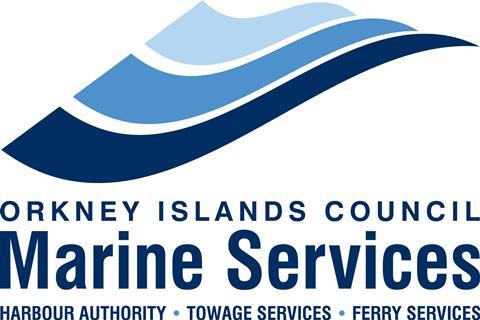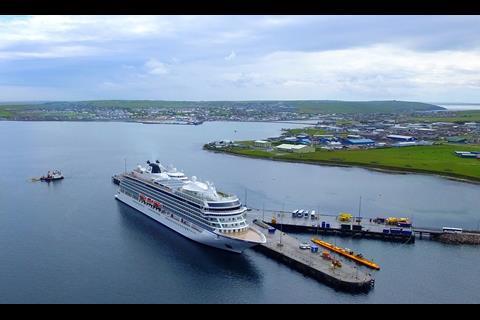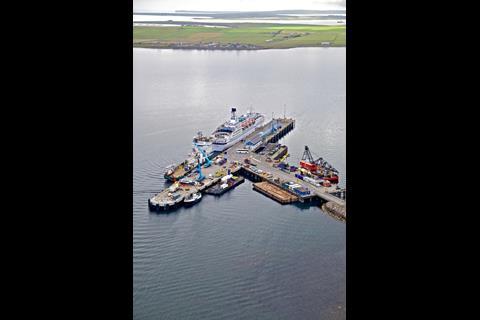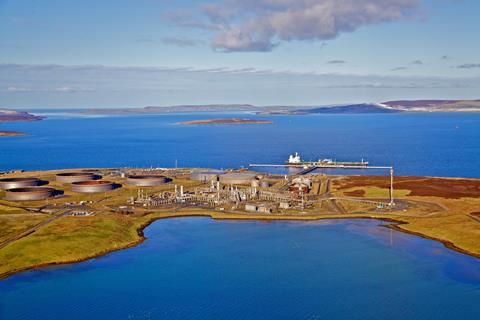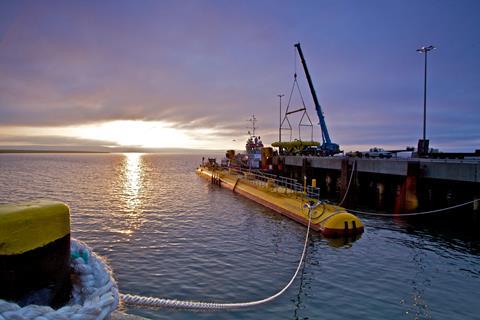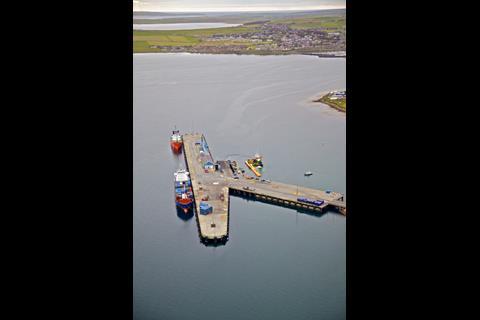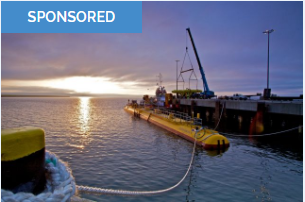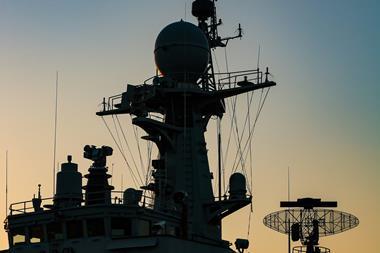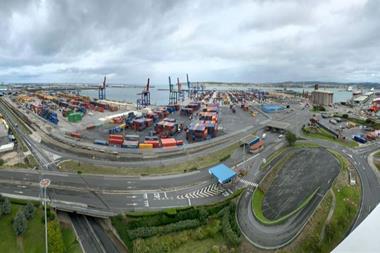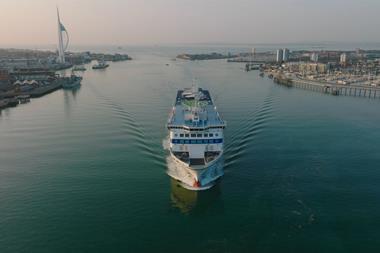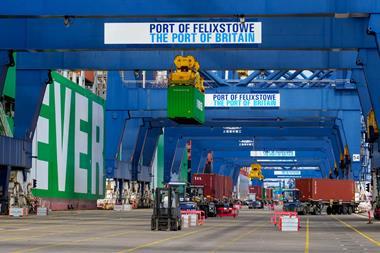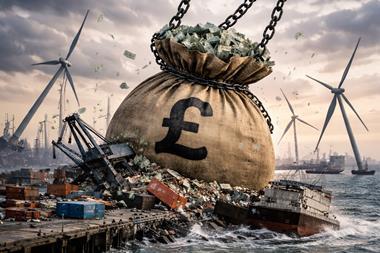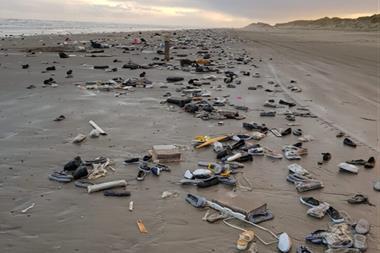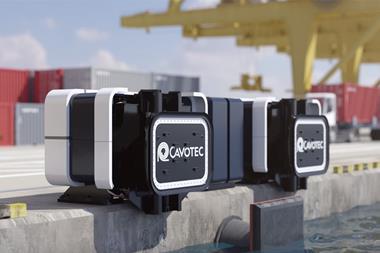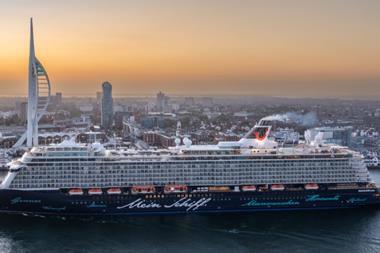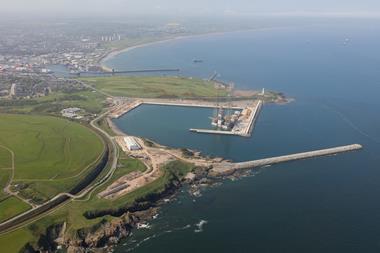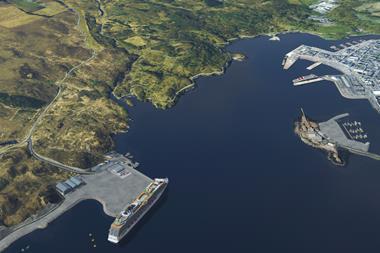One of the UK’s most diverse commercial ports responsible for the largest natural harbour in Europe at Scapa Flow and 29 piers and harbours many with deep water access.
 Content from our commercial partners
Content from our commercial partners
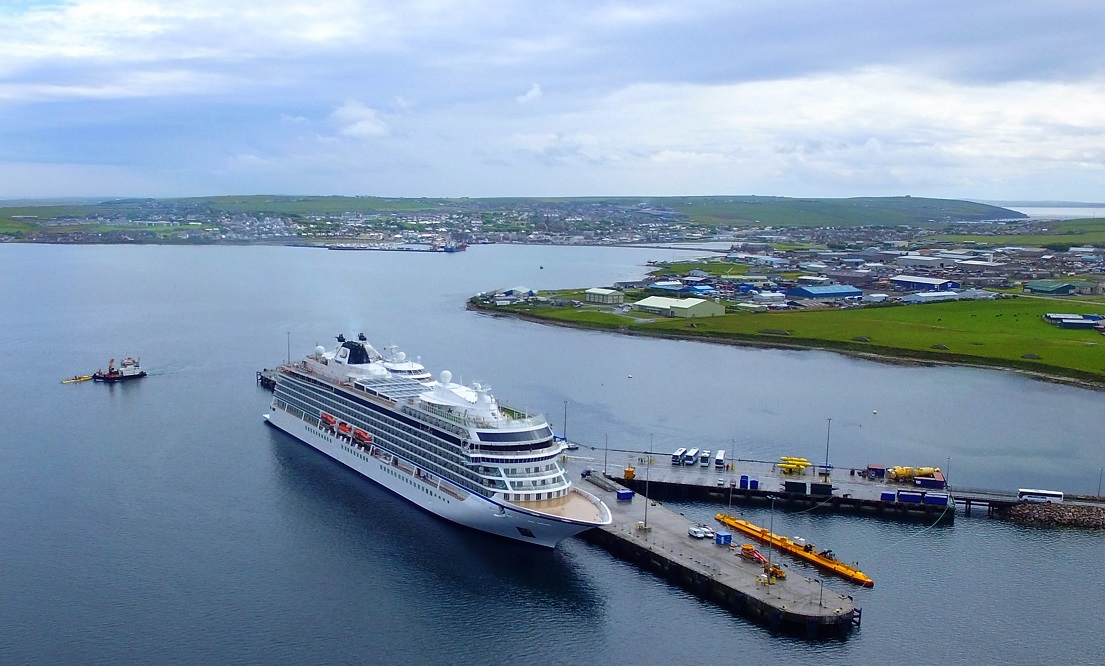
Orkney Islands Council (OIC) is the Statutory Harbour Authority responsible for the safe and efficient operation of the 29 piers and harbours located throughout the Orkney Islands operated by the Marine Services team. The range of ports and harbours is diverse, in terms of structure, size and nature of operational activity. The major port facilities of Hatston, Kirkwall and Stromness accommodate a range of operational activity across many sectors – aquaculture, cargo, cruise, ferries, fishing, marine leisure and renewables. Orkney Harbour Authority has developed a Harbours Masterplan for Orkney Harbours. The fundamental purpose of the masterplan is to provide a structured framework for the physical development and transformation of Orkney’s harbours over a 20 year period. It will enable the Harbour Authority to make informed decisions to meet changing markets, grow new markets, and safeguard Orkney’s harbours as essential economic drivers and community assets for future generations. Further diversification and growth in harbour activities will not only safeguard existing jobs at sea and ashore but create many more and in doing so strengthen the viability and sustainability of the local community for the longer term, making Orkney an attractive place to live, work and do business.
The strategically located Oil Port of Scapa Flow with its unique deep water sheltered anchorage hosts multiple ship to ship (STS) transfer operations of crude oil, liquefied natural gas (LNG) and liquefied petroleum gas (LPG) as well as serving the Flotta Oil Terminal and its connections to oil fields including Claymore, Golden Eagle and Piper. It now also accommodates semi-submersible rigs and accommodation platforms at anchor for maintenance and stand down. There are many smaller piers and harbours throughout the North and South Isles as well as across the Orkney Mainland: many of these accommodate life line island ferry services, aquaculture, fishing and marine leisure activities. Many of these piers are critical in ensuring the future viability of island or remote communities.
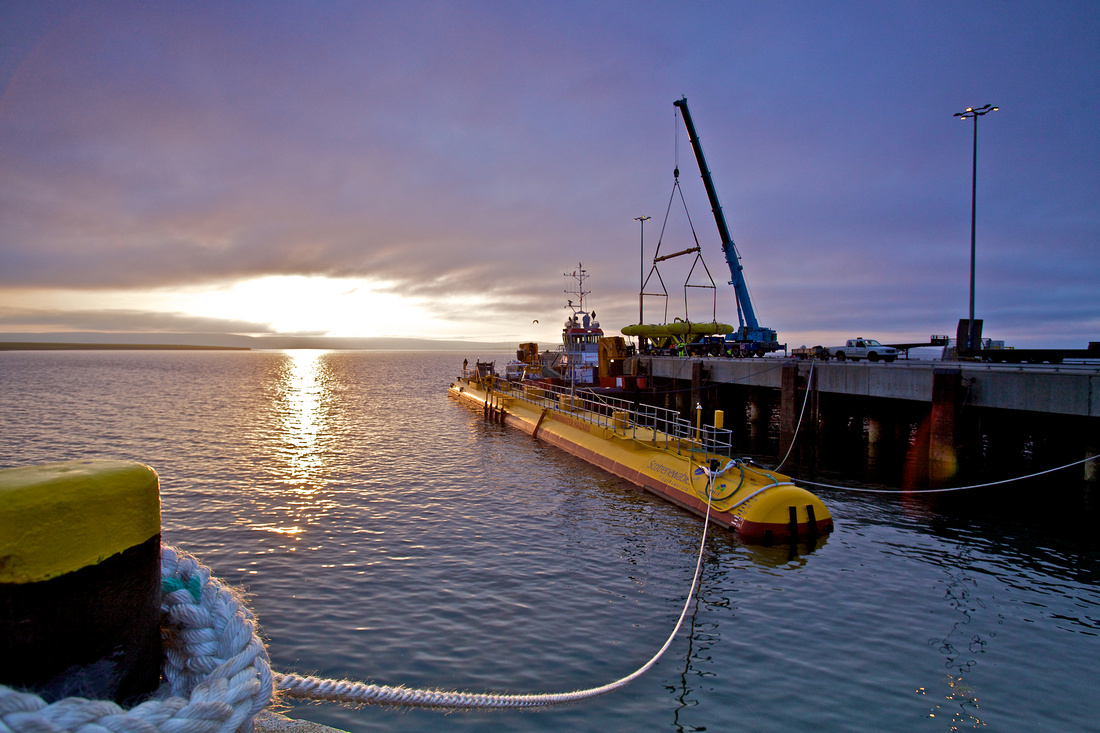
Recent enhancements to infrastructure include an extension to the Hatston Pier, making it Scotland’s longest deep-water commercial berth with 385m of quayside; enhancements to Lyness on Hoy and the construction of a new pier in Stromness, Copland’s Dock. Orkney Harbours has a diverse business base and plays a fundamental role in supporting many key sectors in the Orkney economy and across island communities.
In April 2019 the First Minister of Scotland declared a climate emergency. The Scottish Government stated that it is committed to achieving net-zero emissions by 2045, based on a report by the UK Committee on Climate Change. The Climate Change (Scotland) Bill has been amended to reflect this as well as raising the target levels for 2030 and 2040 to 70% and 90% emissions reductions respectively. In doing so Scotland will have some of the world’s most ambitious targets in law and climate change will be at the core of future programmes for Government and Spending Reviews. OIC has also declared a climate emergency with a declaration made at a Special General Meeting in May 2019. Thus Orkney is committed to reducing its carbon footprint, starting from a strong baseline of pioneering renewable energy development. It is important to be cognisant of what is a very ambitious plan for decarbonisation in Scotland and to align masterplan proposals as far as possible with the emerging policy and legislation
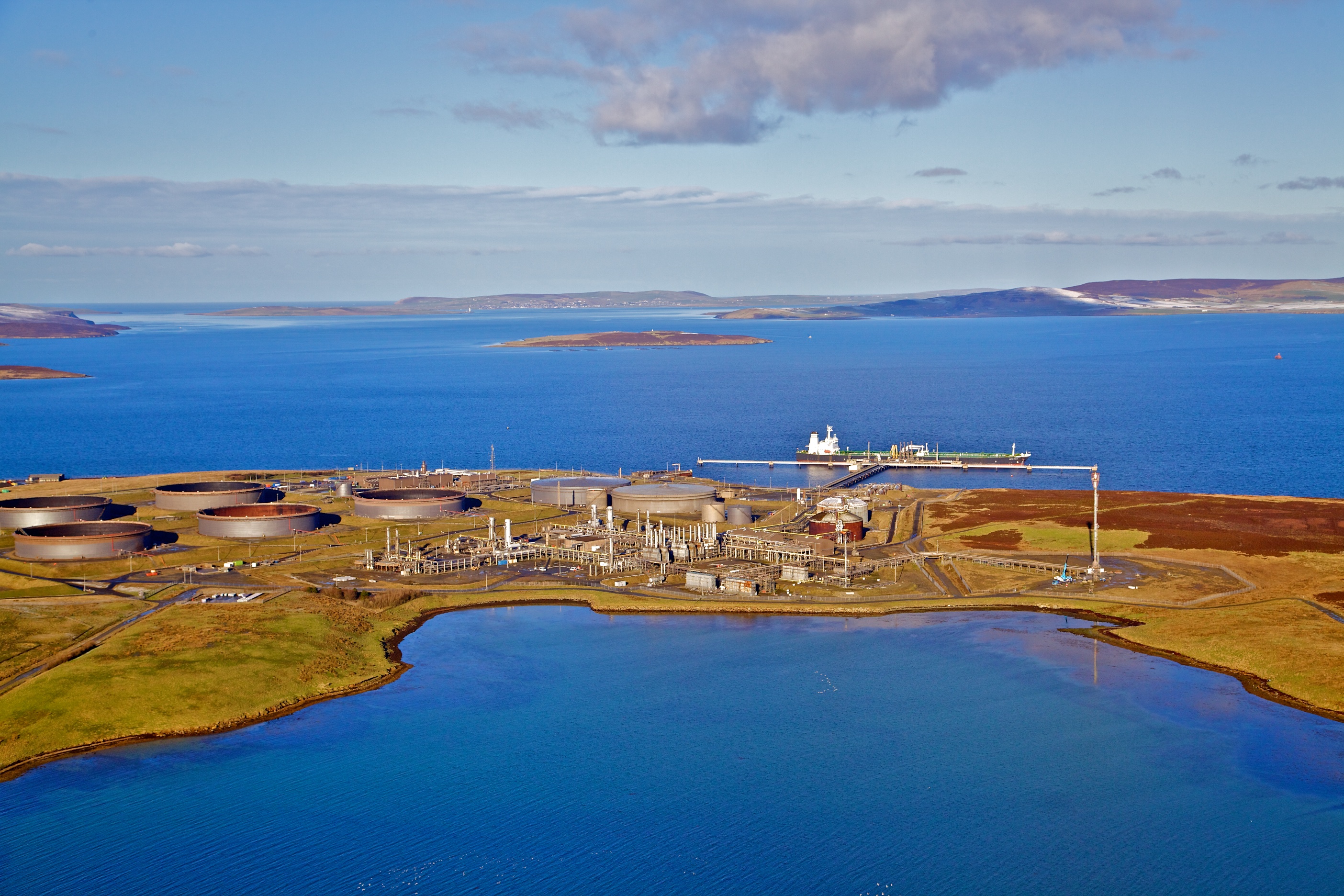
Harnessing opportunities from climate change Scapa Flow is already identified as a strategic asset for the UK, being Europe’s largest natural harbour with very deep water anchorages. This location will become an increasingly valuable strategic asset as shipping traffic volumes between the Far East/Russia and Europe and North America through the arctic waters increase due to the impact of global warming on polar sea ice coverage. This is aligned with Scotland’s focus on developing stronger links with communities in the Arctic region; an Arctic Strategy is being prepared which considers climate change, the geopolitical relationship between Scotland and the region, academic and research collaboration, economic opportunities and community links.
There is already a move towards LNG within the shipping industry, and there is now significant research and development into zero emission technologies and fuels. Orkney is at the forefront of this innovation, with the first hydrogen powered ferry currently under development. There is an opportunity for Orkney to be a leading player in the development of clean maritime clusters and to inform the development of the Clean Maritime Plan. Whilst marine gas oil bunkering is incorporated into the masterplan proposals all infrastructures will be futureproofed so that alternative fueling systems can be accommodated in the future, whether this is LNG, hydrogen, ammonia, methanol or biofuel. A pricing policy may be developed in the future to incentivise the use of lower carbon or zero carbon fuels and technologies. It is envisaged that OIC will develop an internal decarbonization strategy which would include harbour operations. For Orkney and in the marine space there could be significant opportunity to develop new trade links and provide infrastructure and services to capitalise on increasing shipping traffic in the region. This further strengthens the current and future role of Scapa Flow as a strategic asset for Scotland and the UK.
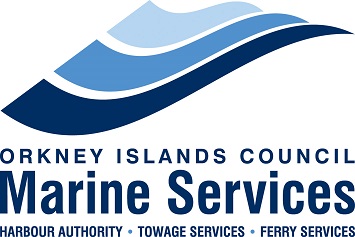
CONTACT HARBOUR
Orkney Islands Council,
Marine Services,
Harbour Authority Building,
Scapa,
Orkney,
KW15 1SD
Tel: +44 (0)1856 873636
Fax: +44 (0)1856 873012
Operations: marine.ops@orkney.gov.uk
Business & Administration: harbours@orkney.gov.uk










